
Guidelines for students taking RIAM Exams
What are the RIAM Grade exams?
The RIAM Grade exams form an integral part of the educational framework provided by the Royal Irish Academy of Music. These exams offer a structured and standardized assessment for students, evaluating their progress and proficiency across various musical disciplines. With a comprehensive range of graded exams, students have the opportunity to showcase their technical skills, theoretical knowledge, and overall musical development. The RIAM Exams adhere to a well-established syllabus, providing clear guidelines and objectives for students to work towards. These exams not only serve as a measure of achievement but also provide valuable feedback and constructive criticism to support students' musical growth. Through the RIAM Exams, students gain a sense of accomplishment, build confidence, and establish a strong foundation for their musical journey.
Where do they take place?
The Mayo School of Music serves as an Exam Centre for the RIAM, accommodating exams at both our Castlebar and Kiltimagh Schools.
How often are the Grade Exams?
Exam boards typically schedule exam periods three times a year, during autumn, spring, and early summer. Your teacher will estimate the preparation time required for a grade exam and choose an exam period accordingly.
Do I need to start from the beginning?
Students have the flexibility to start taking exams at any grade level without prior completion of the preceding grade or an equivalent exam.
How do I apply?
The Mayo School of Music can assist in applying for exams on behalf of the students. However, students also have the option to submit their own application through the RIAM website.
What do I need to bring to a grade exam?
Your teacher will inform you about the specific music sheets and materials required for the exam. It is important to ensure that you have all the necessary items with you on the day of the exam.
If I need an accompanist for my exam, what should I do?
The MSOM can recommend an external accompanist for your exam. Payments for one rehearsal and the exam should be made directly to the accompanist in advance.
Exam Fees & Applications:
Exam fees must be paid before the application deadline. The Mayo School of Music requires a €5 application/admin fee. For a complete list of current exam fees and application deadlines, please visit www.riam.ie/riam-exams/examdates-fees.
I've applied for an exam, what's next?
Your teacher will inform you about the time, date, and any other relevant information regarding your exam.
What happens on the day of my exam?
Punctuality is crucial, so please arrive on time for your exam. The MSOM may provide a space for rehearsal prior to your exam. Ensure that you have all the required sheet music and materials. Please maintain a quiet atmosphere in the waiting room to minimize noise disturbance.
What happens if I cannot attend my scheduled exam?
If you are unable to attend your scheduled exam, please inform the school. The RIAM will only issue a refund if you can provide a medical certificate and give adequate notice of cancellation before the exam date.
When will I receive my exam results?
Exam results usually take several weeks to be returned to the MSOM. Once we receive your results, your teacher will distribute them to you.
What happens after I complete all of the grade exams?
Successfully completing a Grade 8 music exam is a significant achievement, indicating an advanced knowledge of your instrument. Students aspiring for a career in music may consider preparing for a performance or teaching diploma after Grade 8. A diploma is a recognized qualification that can open up numerous opportunities for musicians. Diploma exams are rigorous and require thorough preparation, as they represent professional qualifications.
Why take exams?
A music school encourages exams for various reasons. Exams allow for the assessment of students' progress and proficiency in music, evaluating their technical skills and theoretical knowledge. They motivate students to practice and set goals, providing a sense of purpose and direction in their musical studies. Exams also offer standardized evaluation methods, ensuring consistent assessment across different students and maintaining quality standards in music education. Furthermore, exams prepare students for future opportunities, such as college admissions or professional careers, by providing recognized qualifications. Finally, exams help build confidence and performance skills through live performances, improving stage presence and concentration.
Any further questions please don't hesitate to ask your teacher or contact the office.
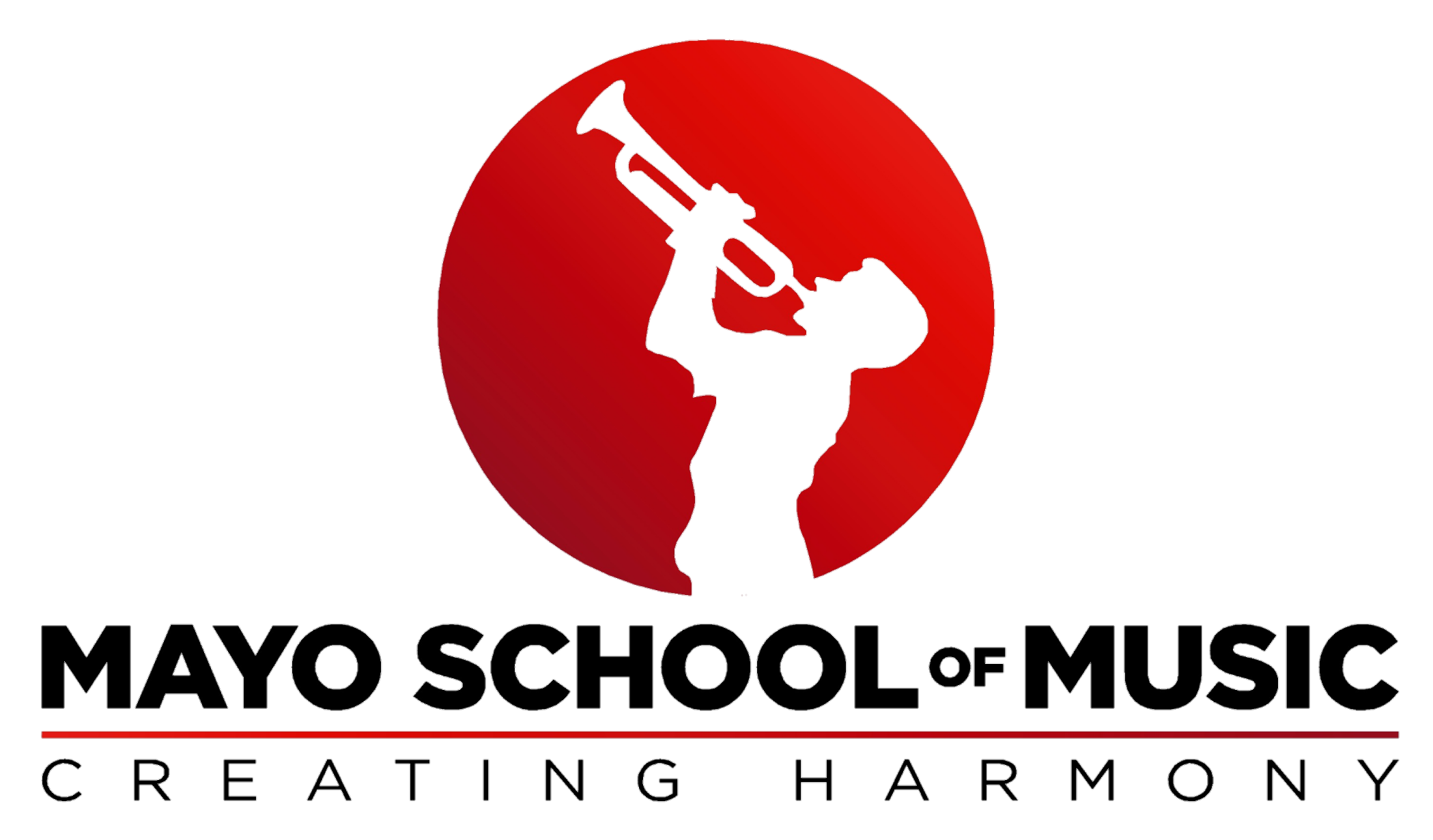
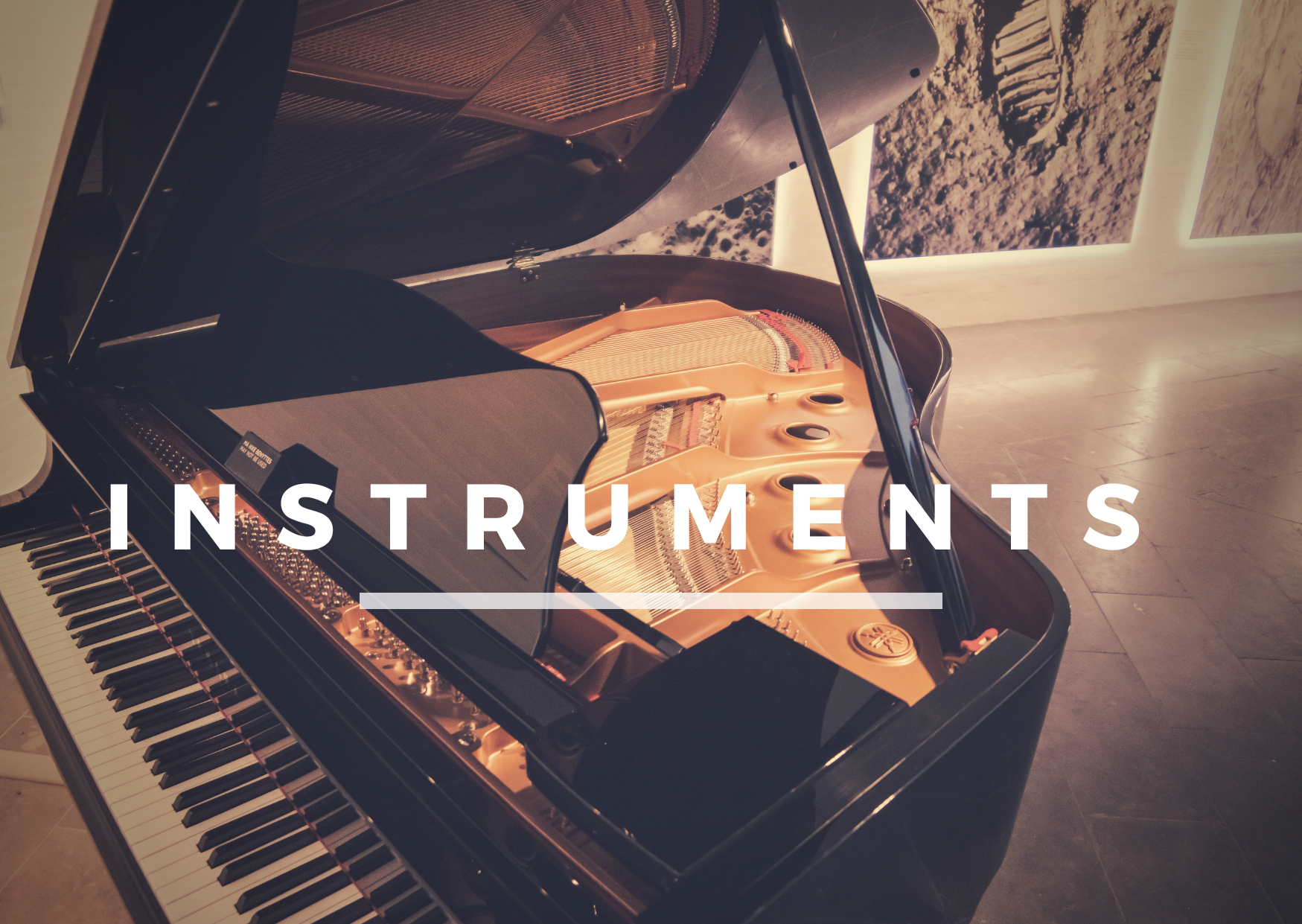
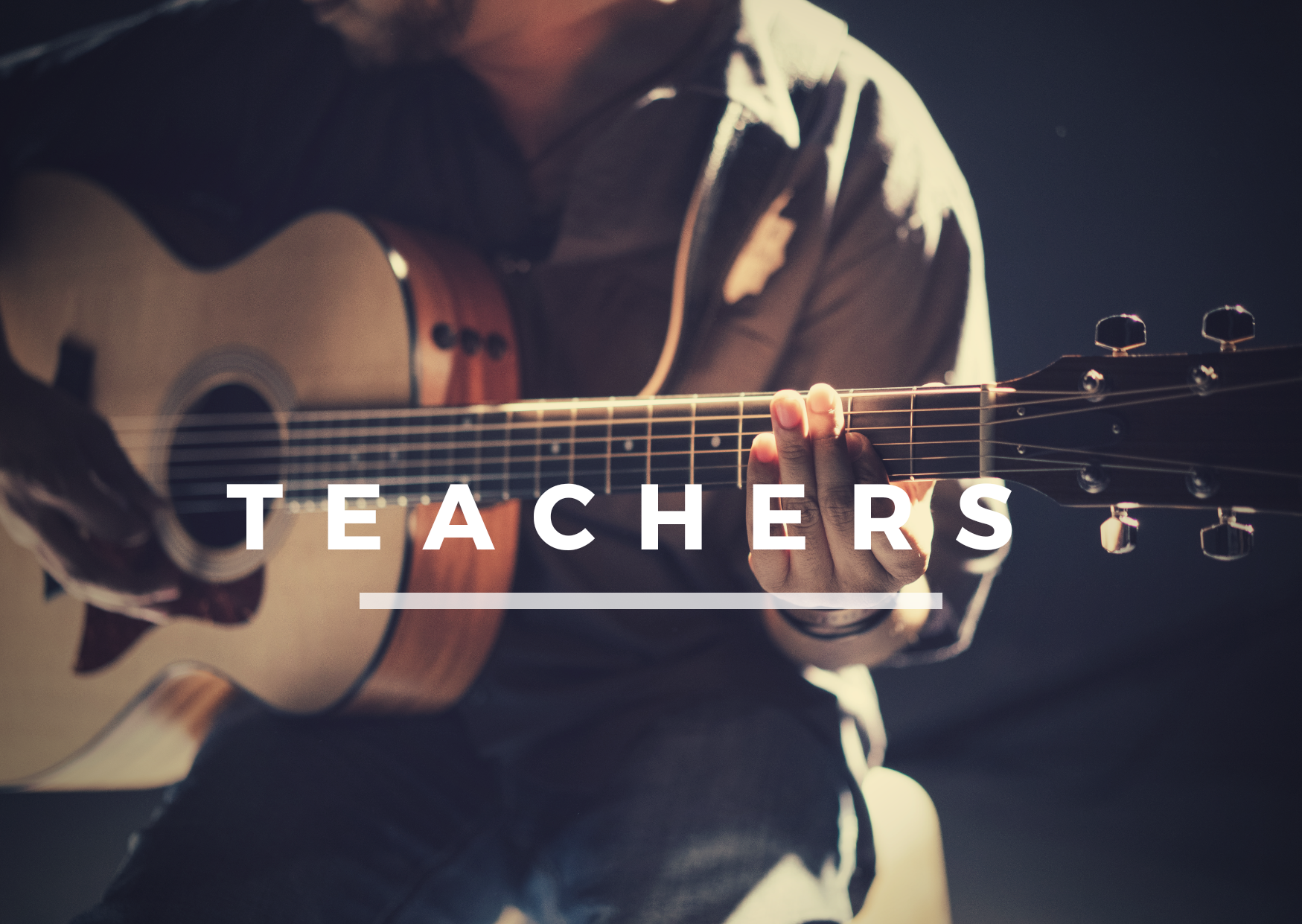

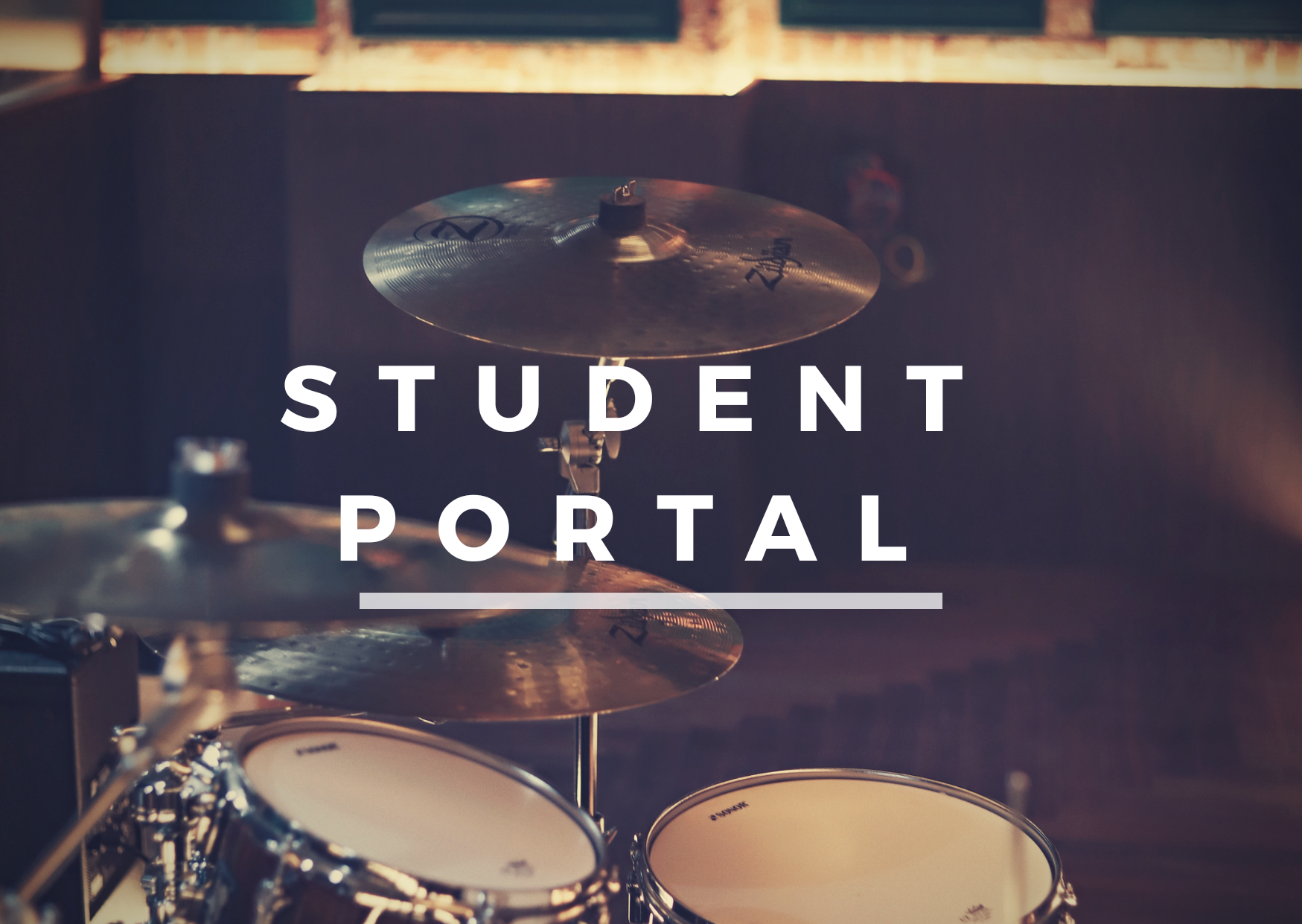
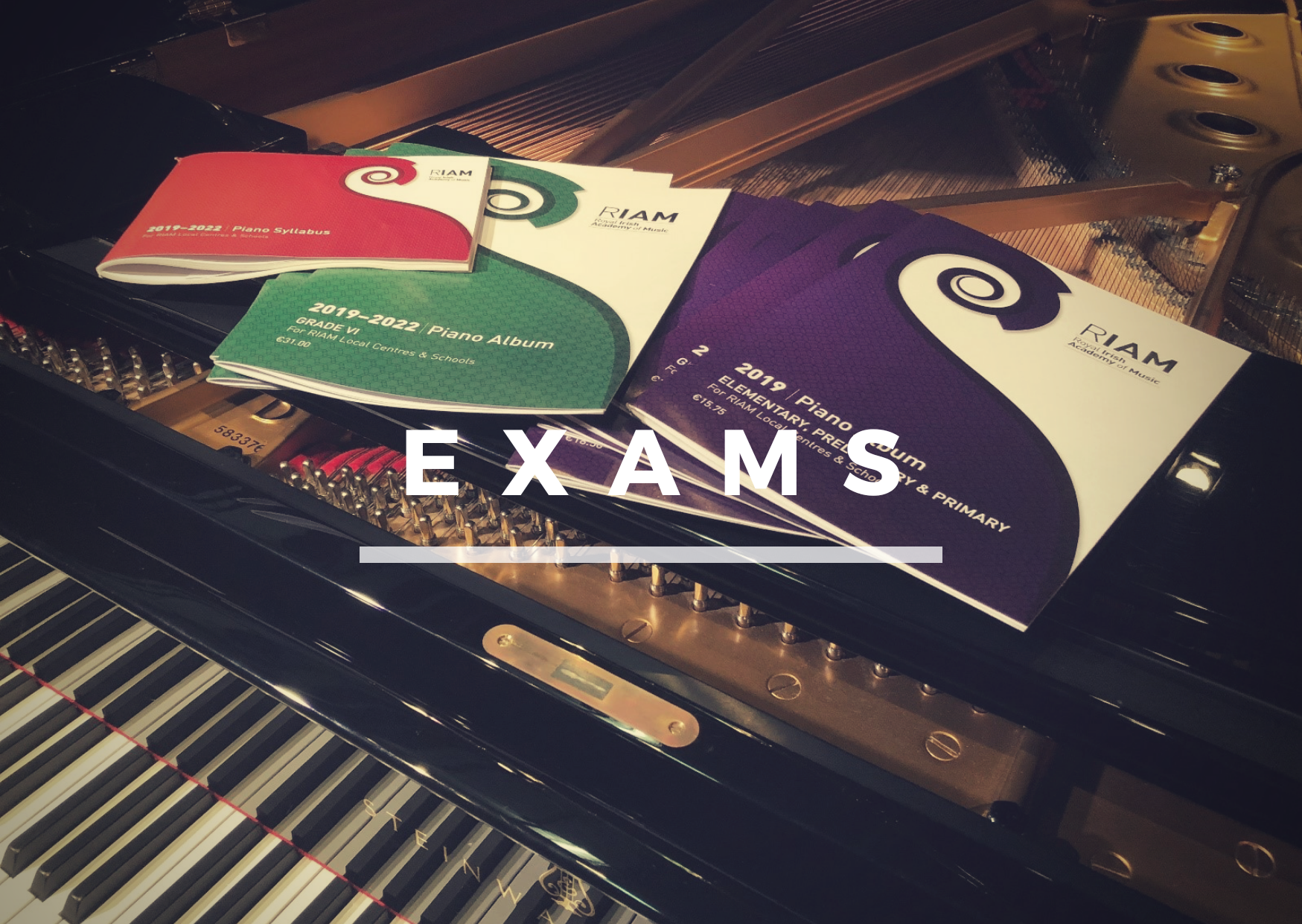




.png)
